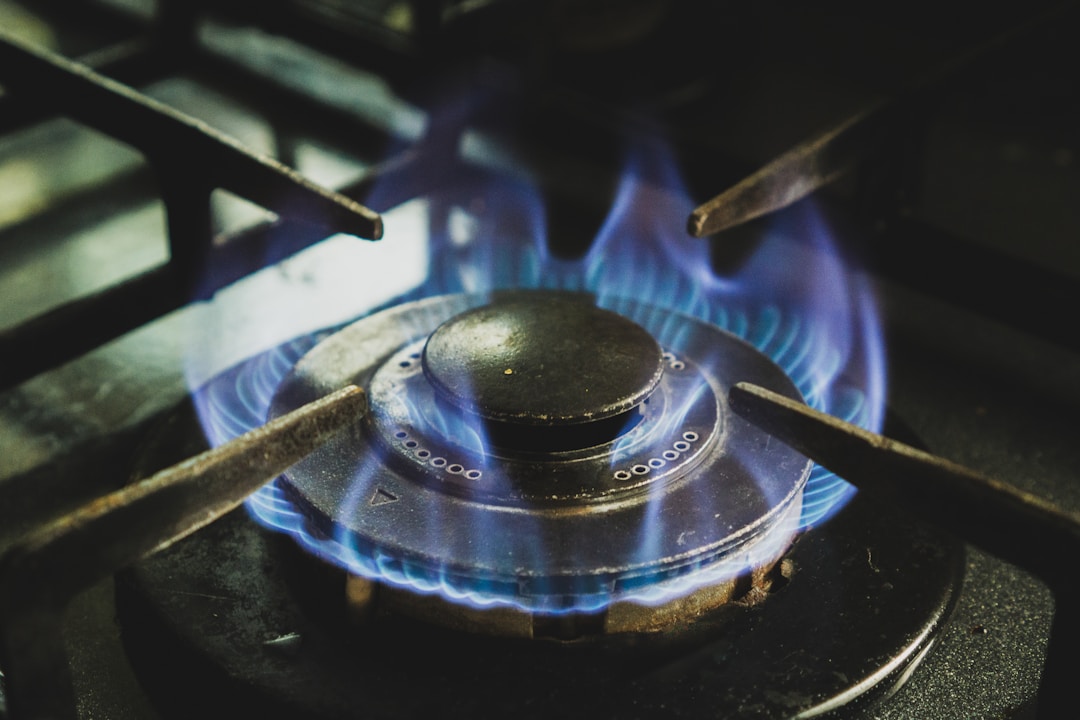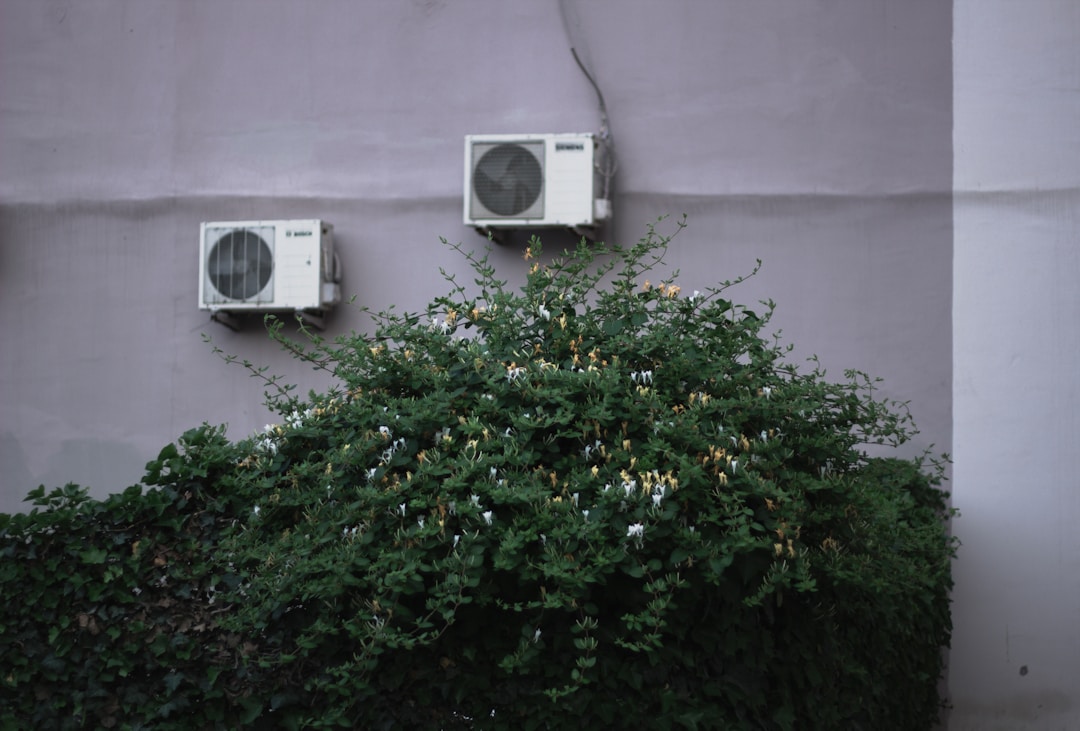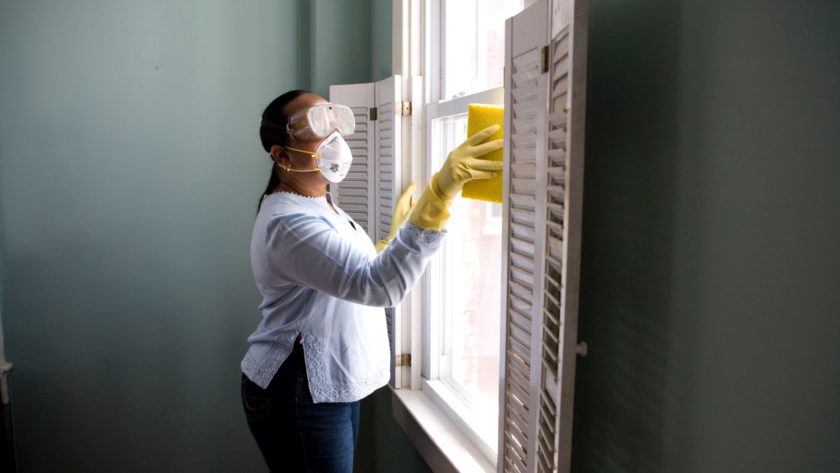Unusual smells coming from your heating system can be worrisome. While no smell from your furnace is a “good smell,” there are specific odors that you should be on the lookout for. Knowing what counts as a normal or unusual smell is a great way to ensure that your home is free from safety issues. For quick tips on what smells qualify as furnace odors you shouldn’t ignore, keep reading.
1. Rotten Eggs Smell

Natural gas is odorless. However, gas companies add mercaptan—a sulfur-based chemical that’s responsible for the foul rotten egg smell. This foul smell is added as a safety measure to alert homeowners of a gas leak. Once you notice an odor similar to that of rotten eggs coming from your furnace, turn off your furnace, open all windows, vacate your home, and call an HVAC (heating, ventilation, and air conditioning system) technician or gas company to attend to it. As an added safety measure, don’t switch on any electrical appliances or anything that may ignite a fire.
Inhaling natural gas can have serious consequences to your health. Gas leaks also change the amount of oxygen available, so as you breathe in less oxygen, you may start to develop symptoms. Some common symptoms to look out for include headaches, dizziness, breathing difficulty, and nausea.
2. Burning Smell
If you haven’t used your furnace in a while when you first turn it on, it may give off a bit of a burning smell if it hadn’t been well-serviced. In most cases, this may just be the accumulated dust that’s burning away. However, if you let your furnace go unserviced for extended periods of time, the burning smell will only get worse, as your furnace will be burning accumulated dust particles. To avoid a potential fire hazard, have your furnace serviced at least once a year. Also, be sure to have your filters changed on a regular basis.
3. Musty Odor

Most furnaces come fitted with air filters. These air filters add moisture back into your home’s atmosphere, and in this process reduce skin dryness. However, in as much as humidifiers add to your home’s comfort during the winter, when left unserviced, they can lead to the growth of mold and mildew. Knowing this, whenever you sniff something musty coming from your furnace, your air filters are the likely culprits. To avoid potential mold build-up, have your furnace(s) serviced regularly.
4. Hot Metal
A metallic smell is an indicator for burning or melting wires inside your furnace. This problem is more common in legacy furnaces with worn bearings. Excessive electricity tends to burn the wires inside the heating system, resulting in an electrical issue or overheating. To prevent this, schedule regular furnace maintenance to include bearing inspections, furnace cleaning, and secure electrical connections.
Prevention Measures
To avoid turning your home into a fire hazard, be sure to:
- Change your filters
- Ensure your vents are not blocked
- Schedule routine furnace service maintenance
- Replace your insulation
- Hire a duct cleaning service, and
- Install carbon monoxide detectors
Your safety should always come first, so before you hire an HVAC technician, look into their years of experience, client reviews, certifications, times interest earned ratio (where possible), and pricing. When asking about a prospective HVAC tech’s experience, ask for their certifications. Certifications from organizations like North American Technician Excellence (NATE) can vouch for a technician’s training.
Additionally, as per the Clean Air Act, heating, ventilation, and air conditioning technicians must be authorized by an EPA-approved exam. Understanding this, if you notice any of the unpleasant odors listed above, call the team at Cooks Comfort Systems to have professionals service your HVAC system.



